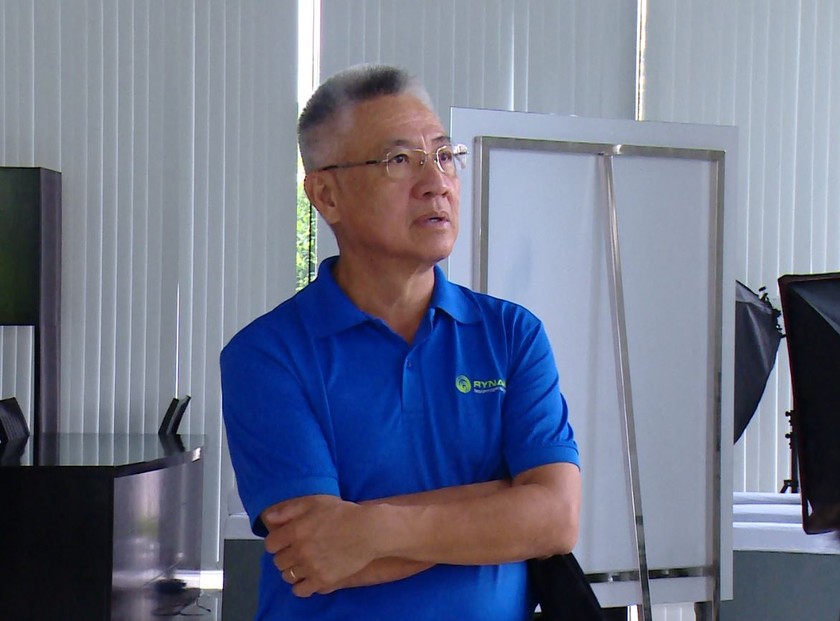
Dr. Nguyen Thanh My (Photo: baophapluat.vn)
WAJ: You have hundreds of patents granted by the United States and have made your mark on the business map of the world's printing and packaging industry?
Dr. Nguyen Thanh My: That's right. There are many inventions for which I have been granted patents by the USA and many other countries, including Vietnam. The most impressive thing to me are the two international copyrights on clay plate prints. Previously, when making clay prints (called zinc plates), we had to create images on them, make films in a dark room, take the developed film and place it on the zinc plate to print magazines, newspapers, lottery tickets, and many other things in the media field.
In 1994, when I came to work for Polychrome Company, later Kodak Polychrome Graphics, I found that issue very unreasonable. It's absurd that when you create an image on a zinc plate, the film cost is 65%, while only 35% of the zinc plate cost is used. I think, if it is possible to make a zinc plate without using film or to create a shape directly on a clay print without using film, it will save money, the environment, and time. Before working at Kodak Polychrome Graphics Company, I worked at IBM Corporation at the Ormadan Research Center, San Jose, where we used lasers a lot. Therefore, I used lasers to make CTP offset prints for Polychrome Graphics and, two years later, started selling them to the market, which changed the world's printing industry. 3 years later, I saw the potential that I could create clay prints using the superior CTP technology, so I decided to return to Canada to establish a company in 1997. After a year, I researched and developed newer, better materials, making it easier to produce CTP clay prints. I have registered the copyright on the new material and the copyright on the application of that material in the production of CTP clay plate prints. I wrote that part of the book that I just published in early September. After those two copyrights, I later transferred the technology to many corporations, such as Huaquang Lucky in China (currently the largest CTP offset printing company in the world), Ipasage in Spain, and Top High Image in Taiwan. The revenue brought to our company in 20 years is nearly 300 million USD. That was the result of two licenses when I started my business after 1997, and my company had great profits and revenue.
In 2004, I returned to Tra Vinh to build My Lan Group, focusing on printing and producing infrared-absorbing plastics to provide companies with their copyrights. At the same time, I also produced industrial inkjet printers, industrial inkjet inks used for traceability or printing, production date and time, and expiration date and time. Currently, our company has exported to 76 countries around the world, and the company is also the OEM for some of the world's leading printing companies, such as Hitachi, Domino (a subsidiary of Brother Industries), Cytronics, Ale, and a number of other major printing companies around the world.
WAJ: In Vietnam, are you currently known as the farmer's scientist?
Dr. Nguyen Thanh My: At the end of 2015, at that time, I was 60 years old, on the Board of Directors of My Lan Group, and my term as General Director ended. They wanted to change the way My Lan operated because there were some new shareholders. I stopped being the CEO of the group even though I was the largest shareholder with over 60% of the shares, but I felt that I should let the youth be able to operate the group from a different perspective.
In early 2016, I retired, and my son in Singapore founded RYNAN Technologies. He wants me to help establish the RYNAN Technologies Vietnam company to focus on applying digital technology to agriculture and aquaculture, producing products such as salinity sensors, pH sensors, water temperature sensors, and tidal sensors to build a saltwater intrusion monitoring network in the Mekong Delta. In the Mekong Delta, starting this month of the year, the rivers begin to suffer from saltwater intrusion, and people have no water to irrigate crops and grow rice. I want to build a network so that I can monitor and upload to the Internet, and farmers can download these applications easily. They can tell when the water is salty and when it is fresh. If there is fresh water, they take it in for irrigation. Now farmers have used the RYNAN Mekong application to take in saltwater to raise shrimp. And in the Mekong Delta now, saline intrusion is considered a new resource. Wherever it is salty, farmers raise shrimp, and white-legged shrimp have much higher value than rice. Whenever there is fresh water, they grow rice or fruit trees. Currently, the company has a network of about 100 stations in many provinces. Farmers can download the app to view information. Some radio and television stations in some provinces also rely on our network data to inform people in the Mekong Delta about when saltwater is available and when fresh water is available. Insights from the app can be exploited and used effectively.
Farmers in the Mekong Delta grow a lot of rice. Many brown planthoppers are destructive. Farmers spray pesticides every time they see brown planthoppers. However, when doing that, they also kill the natural enemies, which are beneficial. Therefore, more and more pesticides are used, affecting the natural environment. Since then, my company has created a smart insect monitoring system. To date, there are about 80 stations in 14 provinces. People can also download the RYNAN Mekong application, which has a section on insects, to know what kinds of insect pests and natural enemies are near their area. Therefore, they know and do not have to use too much pesticide. Exposure to pesticides is harmful to health as well as to rice and fruit trees. Those are the applications of Technology 4.0 in agriculture that the RYNAN Technology Company has done recently. Those products are copyrighted. We have applied edge computing and artificial intelligence to create such devices. Currently, we have provided that equipment to Japan and are preparing to go to Thailand.
In 2019, I was nominated for the Farmer's Scientist Award by the Farmers' Association of Tra Vinh Province. I was very happy to receive that title. Agricultural scientists typically have been working and contributing a lot to farmers for a long time, and I have only had three years working with farmers. During the award ceremony, Deputy Prime Minister Vuong Dinh Hue asked me what I had done during those 3 years. I answered: Master Vo Tong Xuan and Mr. Ho Quang Cua have contributed a lot to Vietnam's agricultural development in the past decades, while I work in cloud farming. Going very fast, I could do it in 3 years, I joked. There’s underground agriculture, and there’s also cloud agriculture. RYNAN Technologies and I have been working more towards cloud agriculture.
WAJ: Could you please share more about your research projects that have been effectively applied in Vietnamese agriculture up to this point?
Dr. Nguyen Thanh My: Now I also want to change Vietnam's shrimp farming industry by applying digital technology, artificial intelligence, and edge computing. To do this, I built farm management software and, at the same time, designed a way to build a shrimp farm without greenhouse gas emissions. Reducing electrical energy and water usage while increasing land use efficiency, those are, the specific achievements I have made. I have registered many copyrights for this shrimp farming technology. At RYNAN Technologies Vietnam, from 2016 until now, I have registered a total of about 374 copyrights. Many copyrights have been recognized in many countries, such as China, India, America, Vietnam, and Thailand. Now our company is starting to commercialize those products. We have sold smart insect monitoring systems to Japan (currently, 50 have been installed) and built shrimp farms in Thailand and Indonesia.
Regarding the shrimp farming technology process, first, we have to develop research products, make prototypes, test them, and then build a shrimp farm in Duyen Hai, Tra Vinh province. Building such a farm using technology and digital transformation makes shrimp farming and agriculture more efficient, as well as reducing greenhouse gas emissions.
WAJ: With many different roles such as scientist, businessman, member of the Central Committee of the Vietnam Fatherland Front, Chairman of BAOOV, Chairman of the Leading Business Club... and especially founder of the Foundation Nguyen Thanh My, giving scholarships to students, supporting hepatitis B patients, building charity houses... so what is your philosophy of life and business?
Dr. Nguyen Thanh My: Everyone wants to be happy. Everyone wants to be fulfilled. Everyone wants to live a meaningful life. For me, happiness is when I am still creative. It means that if I'm creative, I'm happy. If I have new ideas, I'm very happy. Fulfillment means that we try to master or achieve something. And finally, the meaning of life is to have a community around you that is always happy, fulfilled, and always better. That is my philosophy of life. Personally, until now, it seems like I have achieved those things to a certain extent. If I die, I have no regrets. For me, life as it is now is happy and fulfilling, the things I do every day are very meaningful, especially when I have 800 young, ethical employees around me. We always want to contribute to making our community better. I feel happy that I have fulfilled my dreams, which are to build a company that creates jobs to help many people in the village have a better life. I wrote in my book about the dreams I told my wife in 1982. When we first met, I worked as a chef, and my wife worked as a waitress in a restaurant. Later, when I realized my life's dream, especially with support from my wife, I felt very happy.
WAJ: As an advisor and former chairman of the Association of Overseas Vietnamese Businessmen, what ideas and expectations do you have in connecting and building a community of overseas Vietnamese businessmen around the world?
Dr. Nguyen Thanh My: Yes, in the past 14 years, the Association of Overseas Vietnamese Businessmen has undergone many changes. In the next term, we want to rejuvenate the Standing Committee as well as the Association. We want to have younger people to inherit so that we can introduce more Vietnamese agricultural and aquatic products, etc., to other countries, helping Vietnamese farmers more. At the same time, it helps Vietnamese people and international friends understand Vietnam better. Those are also new directions for the upcoming term of the association. Although I no longer participate in the Executive Committee, I will serve on the Advisory Board so that I can contribute experience and support the new Executive Committee to build a stronger association.
WAJ: You often say that you sell business models, not products. Could you explain more about this?
Dr. Nguyen Thanh My: That's not quite right. For example, currently, when it comes to shrimp farming, we make a model that is not called a model. The paradigm is that when current technology cannot meet the needs of the community and the country, it is time to have a new paradigm. The paradigm must start with new thinking, new technologies, new science, new standards, and new ways of implementation or new models. That is the definition of a new paradigm. When we develop a new model or new product line, people usually call it discontinuous innovation or disruptive technology, which is no longer the correct term for a model no longer following the previous one. Therefore, we cannot develop or sell products in that new model to people with the old mindset. We have to create new demand in new markets and among new farmers. That is, when there is new technology or a new model, especially in agriculture and aquaculture, a new class of farmers must be created - new people - not shrimp farmers following old thinking and models. Therefore, by developing or transferring the TOMGOXY model, our technology for shrimp farming is different from before; we cannot sell individual products to current shrimp farmers, following the old model, but must transfer technology. for a whole new paradigm, a new mindset for new people. If you visit our shrimp farm, you will see that it is very different from other people, the efficiency in using land, water, and energy is much better. However, investment in high-tech shrimp farming will also be substantial. Because now, with mobile phones, we can control all shrimp farms remotely. All information, such as salinity, pH lelvel, dissolved oxygen, water temperature, and shrimp size, can always be known by the shrimp farmer.
WAJ: In addition to scientific research, business, and teaching, you also write books and articles, most recently the book "The Man Outside the Box - Think Differently and Do Differently for Sustainability," about the process of starting a business and positioning his brand globally. So, could you please share more about the message of the book that you want to convey to young people, especially young overseas Vietnamese entrepreneurs, when starting a business?
Dr. Nguyen Thanh My: Yes, you have to think differently and do differently to be able to develop sustainably. That's my message. How do you say differently, think differently, and then do differently? Recently, I wrote an article in which I said: Previously, when we were in 6th grade, we learned that animals are creatures that can move, find food, and integrate quickly into the surrounding environment. Plants are organisms that cannot move actively and often have to photosynthesize to make food. Plants are the foundation of agriculture. The question is: Can the tree walk? With old thinking, the tree cannot walk, but with new thinking, the tree can walk. Because the tree does not walk, its roots walk every day, twenty or thirty meters at a time. Then the tree can say no, it knows. Every time a worm eats a leaf, it emits substances called messengers to notify neighboring plants that they are being attacked by this worm and that other plants should defend themselves. The tree will secretly release defense substances to make the leaves more bitter and toxic so that the worms will no longer eat them. At the same time, the plant will emit other substances to attract natural enemies (birds) to eat the worms. The tree can talk and also listen. If we let the plant listen to the right frequency of waves, it will grow faster, be more resistant to disease, be more resistant to drought, and ripen more slowly. For example, if I let a mango ripen next week if I knew its price would go down, I would let it listen to the right song, and it would slow down, ripening about 3 weeks later. Therefore, trees can also walk, talk, and listen, which is a different way of thinking. This has been scientifically proven very clearly. If we continue to rely on the framework we have been taught since 6th grade, there is no way we can change agriculture. Therefore, I have to think differently, meaning newer, more modern, and more in line with new scientific research and discoveries. Especially when starting a business, it must be different and more unique, otherwise, it will never exist. Those are my messages.
WAJ: In some conversations among overseas businessmen, scientists, and the press, they have mentioned the success of you and My Lan Group as a typical example of a different business strategy. Especially - as a scientist doing business, what is your opinion on this?
Dr. Nguyen Thanh My: I was born in Thanh My village, Chau Thanh district, Tra Vinh province. I graduated from the Department of Chemistry, Ho Chi Minh City University of Technology in Ho Chi Minh City in 1978. Upon migration to Canada in 1979, I received a Bachelor's degree in Analytical Chemistry from Concordia University, Canada (1986), a Doctorate degree in Energy and Materials Science from the National Center for Energy Research, Materials and Telecommunications Canada (1990). After 25 years of working in Canada and USA, I returned to my hometown of Tra Vinh and founded the province's first high-tech company. To date, I have co-founded 8 businesses.
Scientists who do business usually have the advantage that they know technology and products, but not all scientists can do business successfully. To be successful, you must have the DNA of an entrepreneur (builder, - specialist, – innovator): Builder (B-Builder), someone who can build many businesses from scratch; People who seize opportunities (O-Opportunist), people who do not miss a single opportunity, this easily costs them where they can win a lot but also they can lose a lot; Specialist (S-Specialist), someone who is very good at their profession. They are very good at doing family business but cannot replicate it; I-Innovator, someone who always innovates, is good at research but not good at business. When you clearly determine which group of people you belong to, know your strengths and weaknesses, then you can choose a suitable business model and a partner with compatible DNA to cooperate with. For example, Donald Trump, Elon Musk, and what I call multi-entrepreneurs. People who work in science and start a business have an advantage, but they must have the DNA of builders - People who build businesses from nothing to something. If they are scientists like specialists, they will do very well for the family business but will not be able to make it big. As for innovators, such as professors, doctors, and successful researchers, they are very creative but they cannot commercialize their products. Therefore, scientists who start a business must have the DNA of being a builder or must combine with people with other DNA. For example, if an innovator has a builder as co-founder of a business, the sky is the limit. You innovate and you implement it. Therefore, we must know how to cooperate with other people, our co-founders, people with complementary DNA to ours, to be successful.
WAJ: According to you, what role does media play in positioning a corporate brand?
Dr. Nguyen Thanh My: If businesses know how to take advantage of the media, it will be great and less expensive, especially Vietnamese media is much less expensive than in foreign countries. The media and press play a very important and effective role in developing corporate brands and new products if you know how to take advantage of them. This is one of the things that I often apply and when interviewed and reported by the press, the public becomes aware of me. Therefore, entrepreneurs and startups who know how to take advantage of domestic media do not spend much but are very effective. Investing time to develop your business brand as well as your personal image is more responsible for the community. When I share my thoughts to make the community and country better, the media will follow and they will also report those news and ideas that I want to do well. Since then, many people know my products, know me, and know my business.
WAJ: It can be said that it is the emphasis on the combination of science, universities, and businesses that has led to success for you and the corporation. According to the doctor, Vietnamese authorities in general, what should businesses and universities in particular do to promote the connection between science and business to bring the highest efficiency to both parties?
Dr. Nguyen Thanh My: What I say may sound a bit harsh, but it is reality. In the three-legged stool: enterprise, school, and state, the state should participate less in interfering with the production and business of enterprises. As for universities and research institutes, they should train good engineers, masters, and PhDs, not good product makers. Less about making products to train a person to be very good and letting their businesses make products. People like me make products because I see the needs of the community, while at universities, teachers make products because they have money for research. Those two things are different. At school, doing research is out of responsibility for community science. Businesses do this because of their responsibility to shareholders. If you don't make a loss to the company, shareholders won't bother you. Uncle Ho is right, the school has a hundred-year mission of cultivating good people for businesses, so if it should focus on teaching good people, teaching ethical and responsible people, and teaching transparent people, then the state will be fine. Management and businesses make products. And if you keep interfering too deeply, meddling in other people's roles, it's too troublesome. If you're not good at something, you definitely shouldn‘t do it!
Thank you very much, Doctor!
Vienna, December 27, 2023
Dr. Yen Platz (Austria), Thao Nguyen (Vietnam)
PROMOTED

100 years ago, Serbia and Austria sparked the First World War (1914-1918). Today, Serbian President Tomislav Nikolic and Austrian President Heinz Fischer held talks in Vienna, to recall together the great consequences and valuable lessons from that war.
WAJ- Emagazin: Expert's perspectives on economic development of Vietnam
- Dr. Tran Chi Thanh: Vietnam with global nuclear technology and nuclear saftety
- The World International Press Freedom Day was celebrated at the United Nations in Vienna
- The prime ministers of South Korea and Austria stress the depth of relations and the expansion of economic partnership
- Young translator conquers the ancient Greek classic Anabasis – Memoir of the Persian Expedition
- Austria news - Usama Nosshy channel covers Asean's 55th anniversary celebrations at the United Nations in Vienna
- VietnamPlus Newspaper reported about ASEAN's 55th anniversary at the United Nations in Vienna
MOST VIEWED
-
1
Austria news - Usama Nosshy channel covers Asean's 55th anniversary celebrations at the United Nations in Vienna

-
2
Poet Hong Thanh Quang “put an end to a period of my life to begin another”

-
3
Quick, Hamleys

-
4
VIETNAM - A RESILIENT PARTNER LOOKING TO THE BRIGHT FUTURE
.jpg)
-
5
UN Secretary-General Guterres at Press Conference with Austria’s Chancellor and Foreign Minister

The two Kings Philippe and Van der Bellen havedifferent backgrounds, one is of royal origin, and the other is a child of a refugee family (once of noble origin) but now, in the eyes of the European public, both of them are giving off a sense of courtesy, virtue and erudition.
WAJWith the attendance of many international figures, the 80th anniversary of the end of World War II was celebrated at the United Nations headquarters.
Journalist Usama Soliman

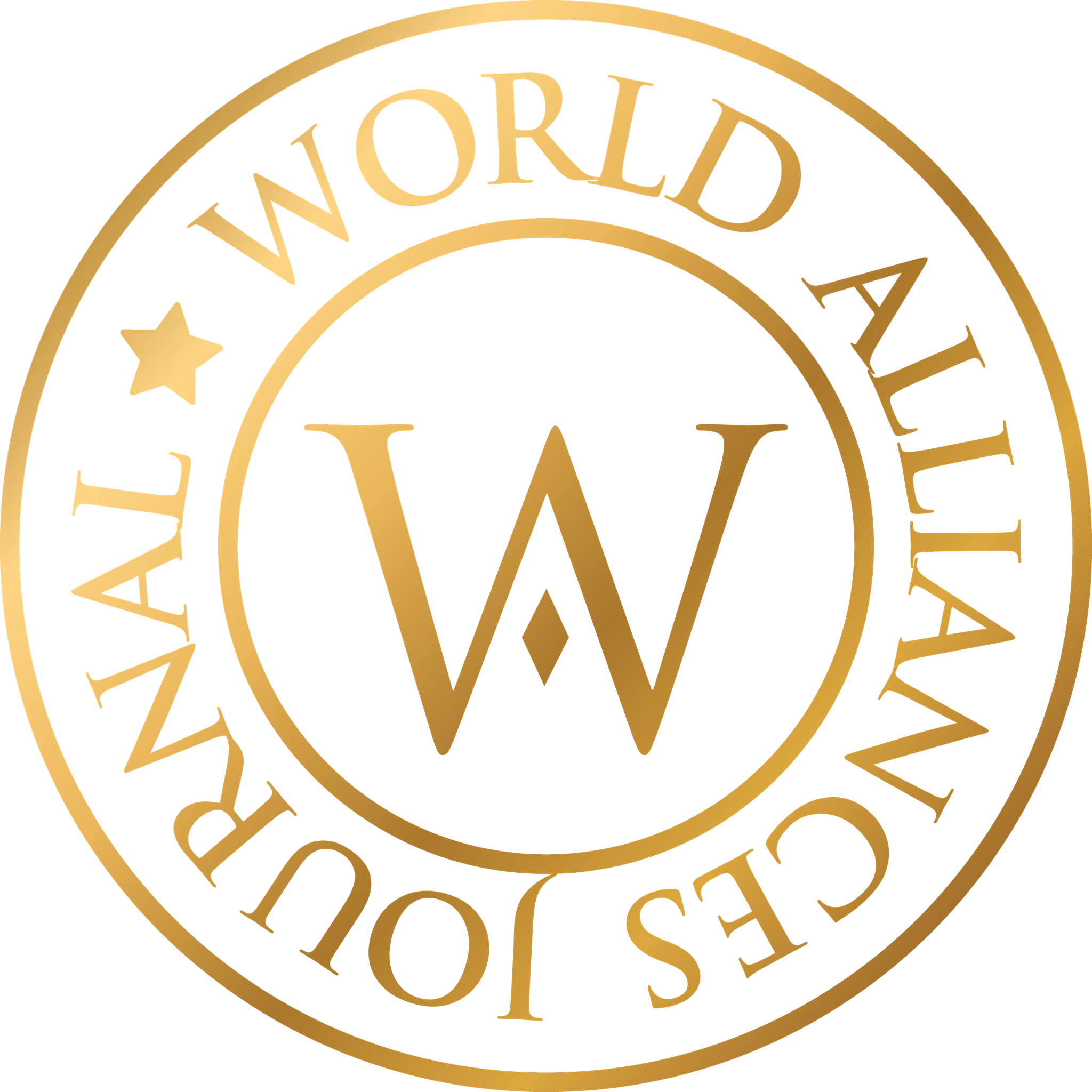
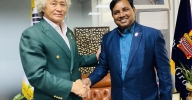
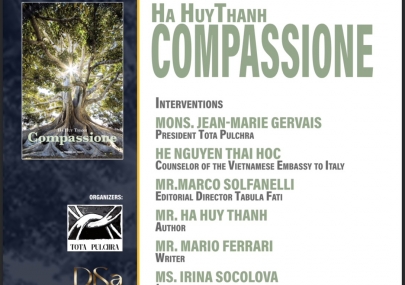
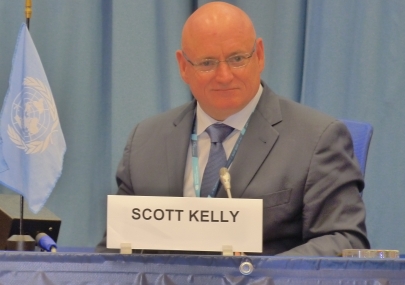
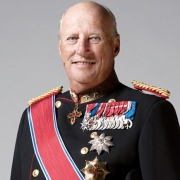
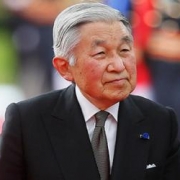

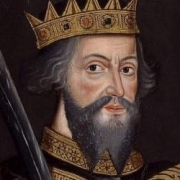


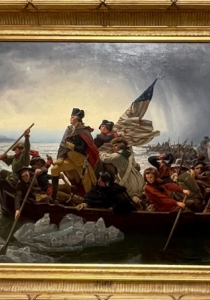
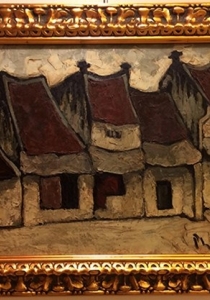
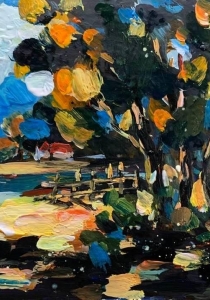
Comment